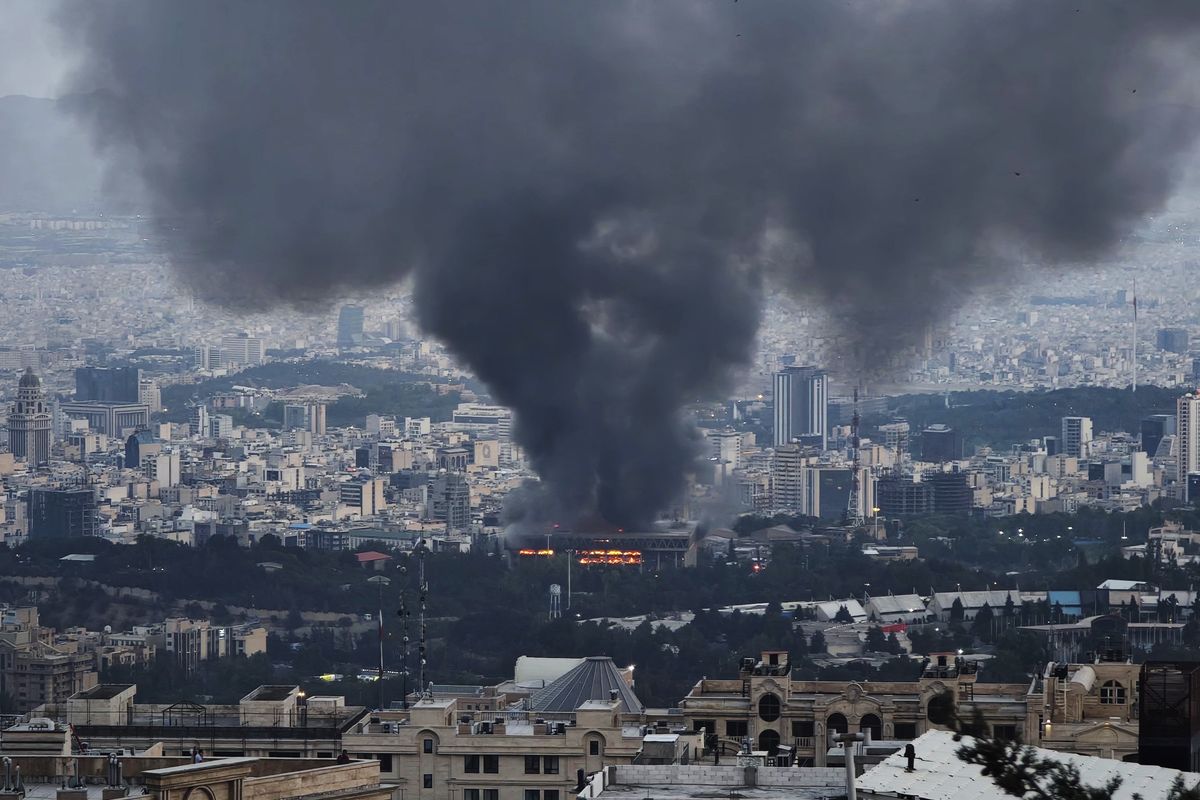North Korea’s first Party Congress in three decades, a grand spectacle at which Kim Jong-un’s greatest achievement seems to have been giving himself the newly-created title of the chairman of the ruling Workers’ Party of Korea (WPK), cannot have given the long-suffering citizens of North Korea much hope for a better tomorrow. Some observers had hoped that Kim, now that he seems confident that he has proven to the world that North Korea is a “responsible nuclear weapons state,” might take a page from Deng Xiaoping’s playbook at the 12th Congress of the Chinese Communist Party in 1982 and place a strong emphasis on gradual but substantial economic reforms. Instead, Kim unveiled a vague Five-Year Plan (2016-2020) for centrally-managed economic development that only highlighted the severe shortcoming of the current economic system, such as the chronic shortage of the electrical power grid.
To assess the inadequacies of this Party Congress, it is instructive to look back at what the state-of-play was at the last WPK Party Congress in 1980, presided over by Kim’s grandfather, Kim Il-Sung. While hard to believe, in 1980 North Korea was a respected member of the non-aligned movement. In addition to senior leaders from China and the Soviet Union, there were 175 delegates from 116 countries in attendance, including Prime Minister Robert Mugabe of Zimbabwe. Then-Chinese Premier Hua Guofeng sent a long letter congratulating Kim Il-Sung on his accomplishments. Li Xiannian, the senior Chinese delegate to the 1980 Congress, publicly spoke in support of Kim Il-Sung’s demand for the immediate and unconditional withdrawal of American troops from Korea. This time around, according to a source of the South Korea news service Yonhap, Pyongyang—perhaps to avoid embarrassment—did not even issue invitations to foreign government or fraternal Communist Parties. The mandatory greeting from the Central Committee of the Chinese Communist Party to its fraternal brothers in North Korea did not even mention Kim Jong Un until the final sentence of the communique, distancing themselves from him.
A comparison of the economic prospects of North Korea then and now is also revealing. In 1980, GDP per capita in the North and South was not too far apart but today, South Korea’s per capita GDP is 20 times higher than the North’s. According to the CIA World Factbook, North Korea’s GDP today ranks 209th in the world, only besting the poorest countries of sub-saharan Africa. Starkly put, Pyongyang’s $40 billion economy is dwarfed by South Korea’s $1.849 trillion economy. Tragically, a child born today in North Korea is six times more likely than their South Korean neighbor to die in infancy.
However, just because Kim missed this opportunity to choose a new course for his nation does not mean that the winds of change are not coming to North Korea. As many have noted, private citizens in the North have created a nascent set of markets and market mechanisms that suggest that substantial bottom-up economic reform is underway. A small but growing middle class is finding ways to access information from the outside world and to link themselves to their neighbors in northeast China and South Korea.
Kim may need to struggle with a moribund economy for a few more years until he, or others within the North Korean elite, recognize the futility of his policy known as “byungjin” of simultaneously pursuing economic development and weapons and learn from the wisdom of their own citizens. As an editorial in Wednesday’s edition of the official Chinese newspaper China Daily concluded, “Kim appears unaware that his nuclear ambitions are poison for his country's economy. They will not only exhaust his country's very limited resources, but will further isolate his country from the rest of the world, politically and economically.”
We cannot and should not give up the goal of showing North Koreans, even while sustaining strong economic sanctions, that we are confident that they have the same potential as their brethren in the South to become an Asian economic powerhouse. After all, who would have predicted in 1980, when South Korea was ruled by a military junta and under martial law that a few decades later, under the leadership of the daughter of a military general, it would shine today as the beacon and example to other democratic aspirants in Asia of a free and extremely prosperous society?











